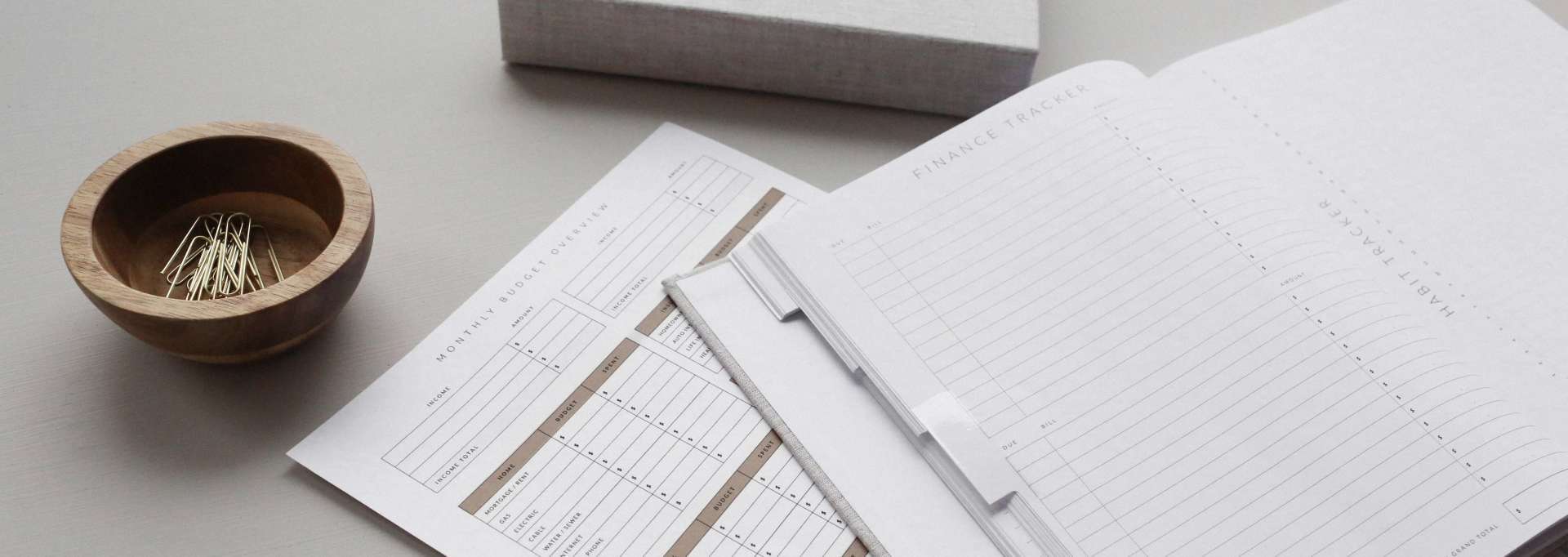For Immediate Need Please Call 972-254-4242
What Happens to Your Debt When You Die?
Whether it’s a credit card, car loan, mortgage or something else, you’ve probably found yourself wondering; what happens to my debt when I die?
According to a survey of over 1000 Americans conducted by creditcards.com, 1 in 5 US adults believe their debt will never be paid off. Just because you’ve died, your debt doesn’t go away. Rest assured though, it’s not something your family members will typically inherit. However, if they are a cosigner on a debt, they will still be responsible for payment.
If you pass away with debt, creditors may reach out to your estate to seek payment. In some cases, pushy creditors have been known to aggressively reach out to your family or next of kin.
So, what happens exactly? Does the car you owe money on get repossessed? Does your family have to liquidate some of your assets to repay your debts?
It all comes down to the kind of debt you have. To help you have a better understanding, we’ve broken down different scenarios and what happens to your debt when you die.
When You Die, What Happens to Your Debt?
Depending on the type of debt you have, the lender may or may not be able to take possession of certain items. Below are some common forms of debt people may leave behind. Please note, the following information is offered simply as general advice and in no way, should be adhered to as financial or legal guidance.
Mortgage
A mortgage is a type of debt that is tied to a piece of property like a home or building. Since the debt is connected to the property, the lender can move to foreclose on the property if payments are not made.
Auto Loans
Similarly, to a mortgage, an auto loan is a type of debt connected to an asset – your vehicle. Because this is a secured debt, failing to make regular monthly payments can result in the vehicle being repossessed by the lender.
Credit Cards
A credit card is a revolving account with no collateral attached. This means that no assets are tied to the balance so the company can’t show up and take back the items you’ve purchased. However, they can attempt collection by levying bank accounts or other assets you may have.
Other Types of Debt
Another common type of debt could be a signature loan. This is a type of loan you receive solely on the promise that the loan will be repaid. These types of loans are unsecure and not tied to any assets. Like with a credit card debt, the lender cannot try to repossess the items purchased with the loan.
Debt That Is Paid by The Estate
When debt is owned solely by the deceased, state law and the type of debt determines what needs to be settled. In most cases, the general guidelines to follow are, if the estate has assets to cover the debt, they need to be paid before any inheritance is awarded.
For example, if you pass away and owe $50,000 in secured debt and $100,000 in assets, that debt must be settled first. Typically, this is done by selling assets the estate owns like a home, vehicle, or other possessions. This responsibility falls of the executor of the estate before any inheritance can be awarded.
In the situation above, if you pass away with a debt of $50,000 and assets worth $100,000; your family will only inherit $50,000 worth of assets.
Debt That Is Not Paid by The Estate
If the estate does not have enough assets to cover a debt, the lenders have different options to consider.
An unsecured debt such as a credit card, student loan, or signature loan are not collected from heirs. One thing to keep in mind though is if the deceased runs up a debt on behalf of a loved one, the heir may have to repay the lender. For instance, if someone who is terminally ill maxes out their credit cards and knows that the debt will not be repaid, the heirs might have to settle the debt.
If the deceased had a secured debt like a home or vehicle, the lender can foreclose or repossess the asset unless the heirs can settle the debt. In this case, it’s best to talk to the lender and come to an arrangement to take over payments or refinance the existing loan. If a family does not wish to keep the asset and no one has co-signed on it, there is typically no repercussions for letting the lender repossess it.
How to Protect Your Family from Your Debt
To help protect your family from settling your debt, it’s always best to plan ahead. One thing you can do to minimize any burdens that may be placed on your family is to provide your estate’s executor with everything they will need.
This includes:
- A list of all of your debts or accounts
- A list of login credentials to access accounts
- Establishing a trust to help protect certain assets

707 North MacArthur Blvd.
Irving, TX 75061
Fax: 972-253-2602
PROUDLY SERVING THE COMMUNITIES OF
Irving, Grand Prairie, Euless, Bedford, Las Colinas, Dallas, Ft. Worth, DFW, Colleyville, Grapevine, Mid-cities, Metroplex, Dallas Fort Worth, Carrollton, Farmers Branch.

